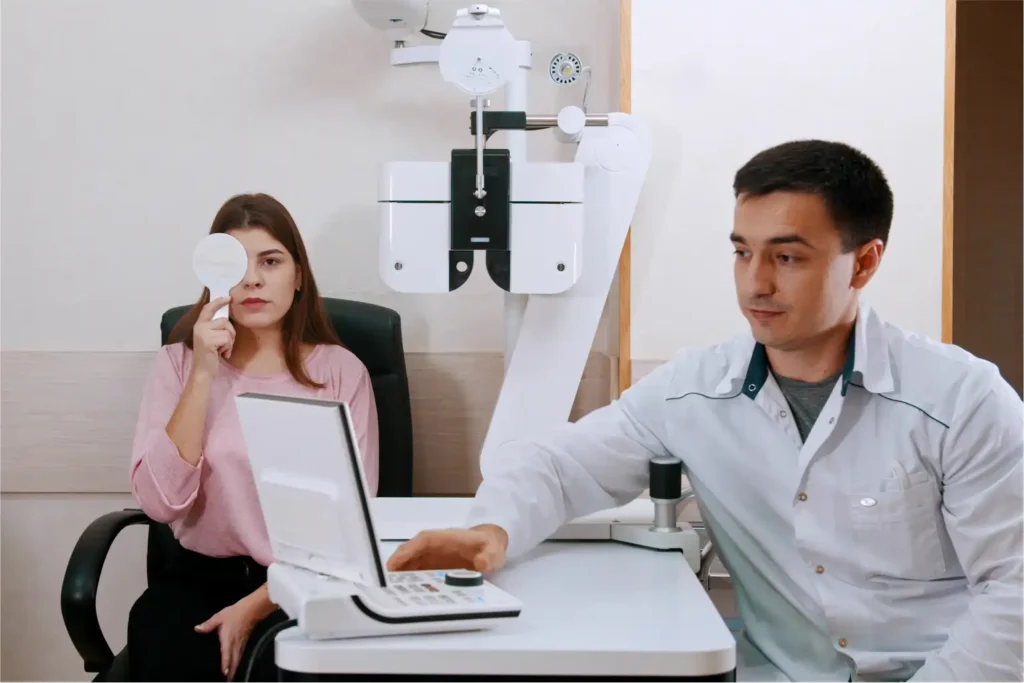
Corneal blindness: Corneal blindness, once associated primarily with older adults, is now surfacing as a growing threat to India’s youth, experts warned at a national conference held in New Delhi.
The condition, which is preventable in many instances, is becoming a serious public health concern, leading ophthalmologists warned during the recently concluded Indian Society of Cornea and Kerato-Refractive Surgeons (ISCKRS) Meet 2025 in Delhi.
Dr Rajesh Sinha, General Secretary of ISCKRS and Professor of Ophthalmology at AIIMS, New Delhi, said the country is seeing a sharp increase in fresh corneal blindness cases among individuals under 30. “We are witnessing a dangerous shift. Young people are losing their vision due to entirely avoidable conditions. Simple infections, untreated injuries, and lack of awareness are turning into permanent visual disabilities,” he said.
Also Read | WHO to showcase Karnataka’s ‘Asha Kirana’ as global eye care model
Corneal blindness occurs when the cornea, the clear front surface of the eye, becomes damaged or scarred due to infection, injury, or nutritional deficiency. It is now the second leading cause of blindness in India, with an estimated 20,000 to 25,000 new cases reported annually.
Among the key causes is eye trauma, particularly in young people involved in agriculture, industrial work, or manual labour. Injuries in these settings often go untreated or are managed with home remedies, leading to serious complications. Vitamin A deficiency in children and adolescents also contributes to the burden.
Dr Ikeda Lal, senior consultant at Sir Ganga Ram Hospital and Delhi Eye Centre, called the situation unacceptable and urged that corneal blindness among youth be treated as a national emergency. She emphasised the need for early detection and school-based interventions, warning that by the time many patients reach specialist centres, the damage is already irreversible.
Despite the scale of the problem, India’s capacity to respond remains limited. The country needs over 1 lakh corneal transplants a year, but performs only around 40,000. The shortfall is due to a shortage of donor corneas, a lack of trained surgeons, and under-resourced eye banks.
The ISCKRS forum called for urgent investment in infrastructure, awareness campaigns, mobile eye-care services, and training of new corneal specialists.








